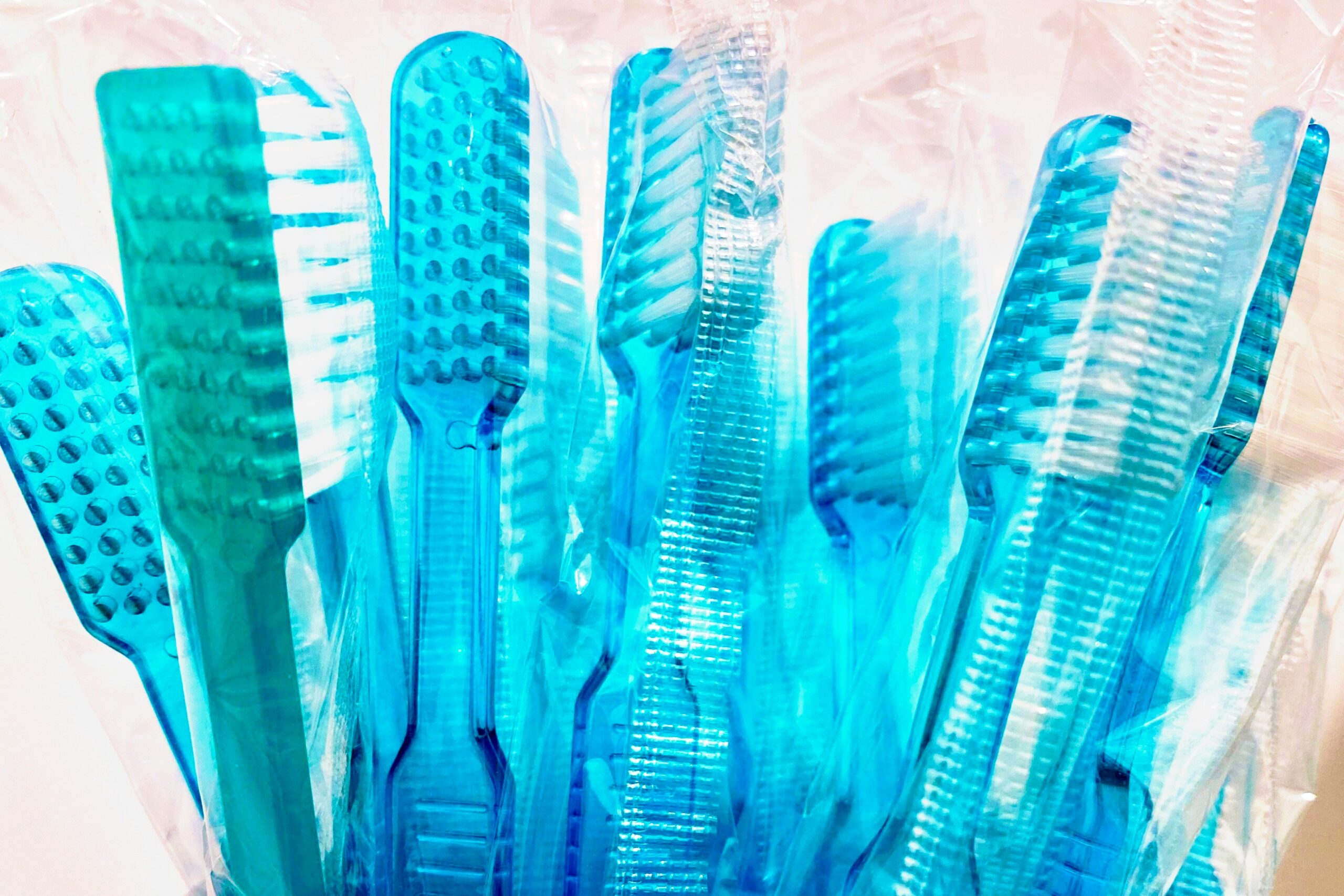In spite of improved preventative procedures and available information about cavity prevention, dental decay in children remains one of the most common diseases of childhood. Dentists often discuss diet with parents to pinpoint the areas that can be improved by substituting low sugar options. Parents are becoming increasingly aware of the sugar their children are ingesting in candy, beverages, breakfast cereals and snacks. One area often forgotten is the hidden sugars in commonly used oral medications.
How needed medicine can harm your child’s dental health
Children’s medications often are sweetened with sugar to mask their bitter taste. Repeated exposure to sugar will create an acidic environment in the mouth that can harm enamel and lead to cavities.
Most parents welcome the sweet taste of medication because it makes their children less resistant to taking it. Unfortunately they do not usually realize that they should be brushing teeth after every dose to remove the sticky film of sugar. This problem is most serious when children are on long term doses. Medications that are often problematic are asthma medicines, including inhalers which may leave a sugary mist on teeth and long term antibiotics. In addition, if children have chronic illnesses and are unable to brush properly their health concerns may be compounded by dental decay. Many illnesses can cause “dry mouth” which can also increase the rate of tooth decay.
Discuss with the dentist
It is important for parents to give their child’s dentist a thorough medical history including all medications taken and the frequency of the doses. The dentist can then recommend a specific oral care regimen appropriate for the child. It may be helpful to discuss a child’s medications with his or her pediatrician if dental decay is present.
Consider switching medications
Studies have shown that many medications contain up to 4 grams of sugar per dose. Physicians many consider changing prescriptions to pills or capsules which can be crushed and added to food. In addition, alternative sweeteners such as xylitol or sorbitol are beginning to be used as substitutes for hidden sugars in flavorings.




